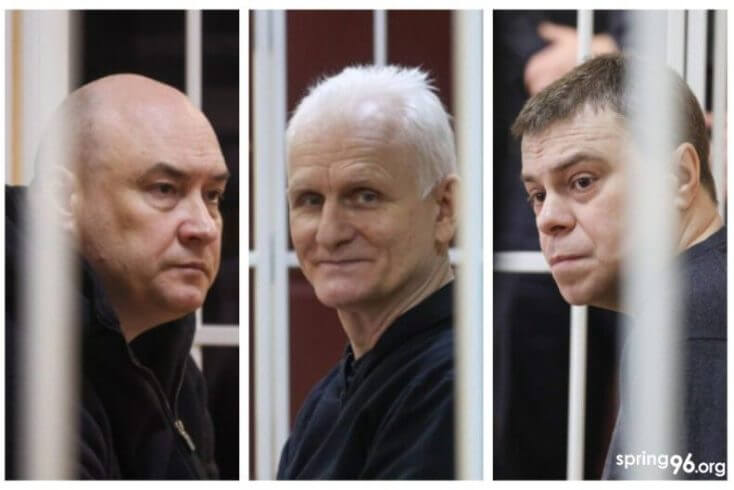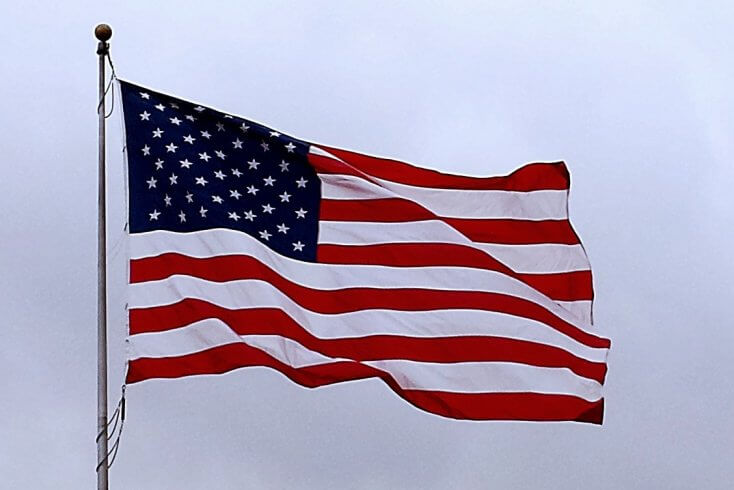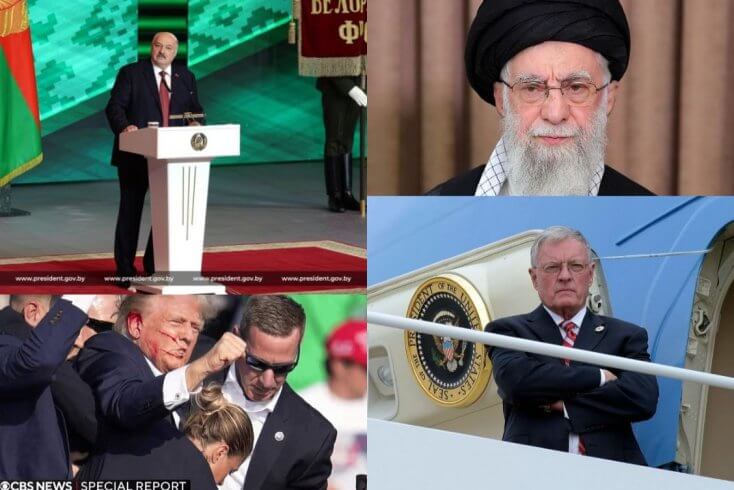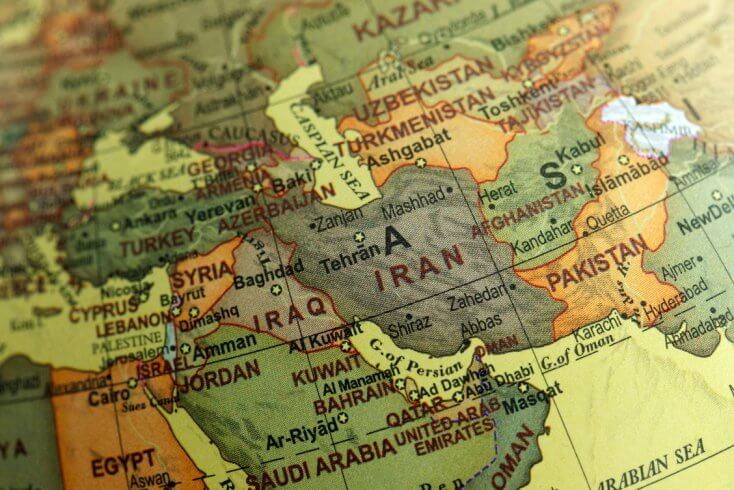By Alaksandar Kłaskoŭski, Pozirk
During the summit of the Commonwealth of Independent States (CIS) in Bishkek on October 13, Alaksandar Łukašenka spoke of Western intrigues, condemned international tribunals and urged CIS countries not to support sanctions.
Russia and Belarus are the only countries under sanctions imposed in connection with the roles they played in Russia’s most recent assault on Ukraine. No other CIS country except for Russia and Belarus is so estranged from the West, and none of them wants to become entangled in confrontation.
Nostalgia for USSR
During the CIS summit the Belarusian leader made a statement characteristic of his way of thinking, “Remember, when we were in the Soviet Union, everyone was afraid of us. We were feared and respected.” The statement explains why he encouraged Russia to deploy nuclear weapons in Belarus.
Of all former Soviet republics, only Belarus and Russia are still nostalgic for the USSR. Others are wary of Russian expansion. Therefore, Łukašenka’s rhetoric did not find a receptive audience at the summit.
“If only our Commonwealth could stand shoulder to shoulder and put a barrier to the Western scaremongers, our overall results would be much better,” Łukašenka said. “And now, [as we stand] together with China, Iran, Brazil and the global South – who cares about Western sanctions?”
However, countering sanctions is mainly important for Łukašenka and Putin. Belarus and Russia are said to receive gray imports through some CIS countries, which helps them mitigate the effects of Western restrictions. Nevertheless, fearing secondary sanctions, these countries do not want to take big risks.
Not surprisingly, Łukašenka outlined areas of cooperation, that, in his opinion, can be expanded “without fear of falling under secondary sanctions from the West.”
International arrest warrant is a source of anxiety
The Belarusian opposition has been putting pressure on the International Criminal Court (ICC) to issue an arrest warrant for Łukašenka, claiming that transfers of children from Ukrainian territories occupied by Russia to Belarus constitute a war crime. During the CIS summit the Belarusian ruler unwittingly showed his anxiety.
He noted that not all member states agreed with the proposal to include in a resolution a paragraph expressing concern over the politicization of international courts.
“Even such a soft wording was not supported by everyone,” he said. “Why do we need these international courts? . . . One day you will want to help children, to give them a little childhood, to protect them from bombs and explosions, and you will be put on the international wanted list”.
The ICC has already issued an arrest warrant for Putin on suspicion that he gave orders for the illegal deportation of Ukrainian children. Łukašenka fears that he may soon be targeted too.
Moscow and Minsk are trying hard to drag other CIS countries into disputes with the West, but their efforts do not seem to meet with much enthusiasm from partners.
The tale of Putin and Łukašenka, the two great humanists saving children from bombs and explosions, certainly sounds sympathetic. However, everyone knows that Russia attacked Ukraine, firing missiles and killing civilians. And that on February 24, 2022, Russian troops attacked Ukraine from Belarus.
Belarus is tied to empire stronger than any other country
In Bishkek, the leaders of Russia and Belarus painted bright prospects for the CIS and urged others to expand its influence. But Łukašenka actually admitted that the CIS was halfway to extinction.
“First Georgia left our commonwealth, Ukraine is de facto not with us. There are big questions about Moldova. Armenia, unfortunately, does not always behave like a partner,” he said.
Armenian Prime Minister Nikol Pashinyan skipped the summit. Yerevan is angry that Moscow and Minsk did not support it when Azerbaijan seized Nagorno-Karabakh, causing a humanitarian catastrophe for local Armenians.
Łukašenka has repeatedly called for greater effectiveness of the Collective Security Treaty Organization (CSTO), but it failed to act on the Nagorno-Karabakh conflict. The CIS was even less useful for Armenia in this context.
Minsk demonstrates its arm’s length attitude to the conflicting parties, but in reality it has much closer ties with Baku than with Yerevan. Łukašenka and Ilham Aliyev do not hide their friendship, and in Bishkek they could be seen side by side. Nikol Pashinyan, once a street protest leader, has never been close to either Łukašenka or Putin. Now, having lost confidence in Russia and the CSTO, Armenia is slowly warming up to the West.
Moscow is weakening and losing its influence in the South Caucasus and elsewhere. Azerbaijan has long pursued an independent policy, relying on Turkey’s patronage. Kazakhstan implements a multi-vector policy – it has constructive relations with the West and strong support from China. In general, Beijing feels more and more confident in Central Asia.
From time to time, CIS leaders meet to adopt some documents, mostly of declarative nature, but each post-Soviet leader has a mind of his own.
Even Łukašenka plays his own game. A few days ago the head of the Ukrainian secret service, Kyrylo Budanov, suddenly praised him for not joining Russia’s war against Ukraine. Still, of all the CIS states, Belarus is most closely tied to the slowly dying empire.



